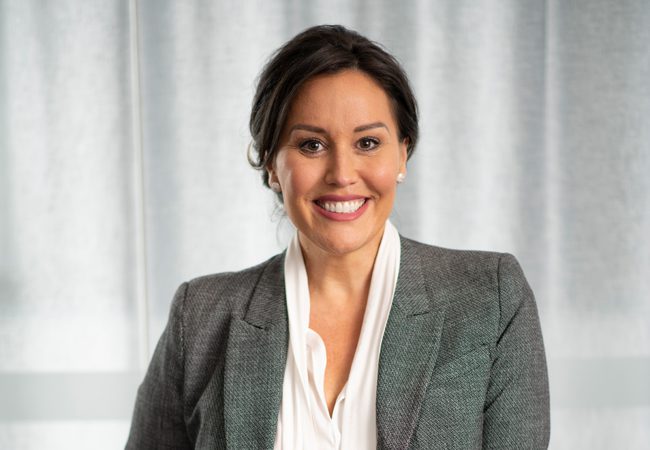There are numerous circumstances in which parents may be tempted to record meetings or my find they are in possession of recordings. Whether or not these recordings will be able to be used as evidence in court proceedings always turns on the particular circumstances of a matter and thus it is difficult to provide definitive advice. Essentially the test is weighing up the desirability of including the evidence against the undesirability of excluding it.
Coulter & Coulter (No. 2) [2019] FCCA
The case of Coulter dealt with two types of recordings:
- Video recordings made by the mother during meetings with the father to hand over the children; and
- Audio recordings of conversations between the father and the children which the mother was not a party to.
The case considered the courts discretion to admit evidence even if it was improperly or illegally obtained and the importance of privacy for the children in order to enjoy a meaningful relationship with their father.
The court found that it was not improper for the mother to have taken recordings of the handovers in circumstances where she had suffered family violence at the hands of the father and had a legitimate interest in ensuring both her own safety and that of the children and further where it was in the best interests of the children to ensure they were not exposed to conflict.
Thus, the video recordings were found to be admissible.
On the other hand the existence of the audio recordings was found to evidence a significant breach of the children’s trust by the mother. This breach of trust could not be in the best interests of the children as it risked undermining their relationship with the father. Despite this finding the court still could have used it’s discretion to admit the audio evidence if it could be shown that the desirability of doing so outweighs the undesirability of excluding them.
The court did not find that the audio recordings should be admissible.



















